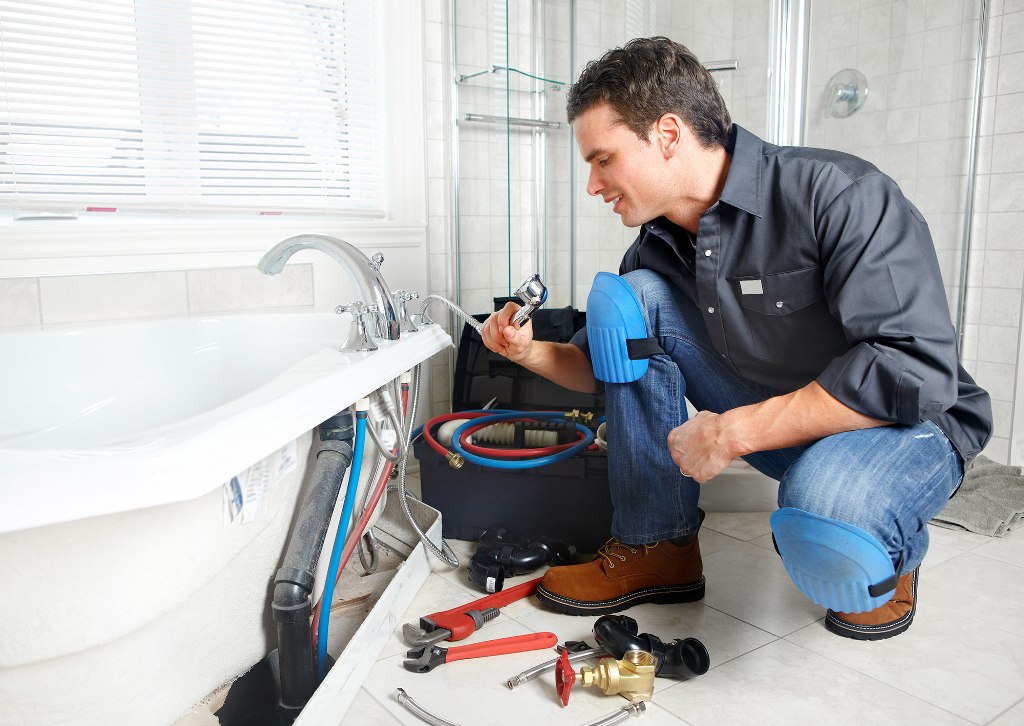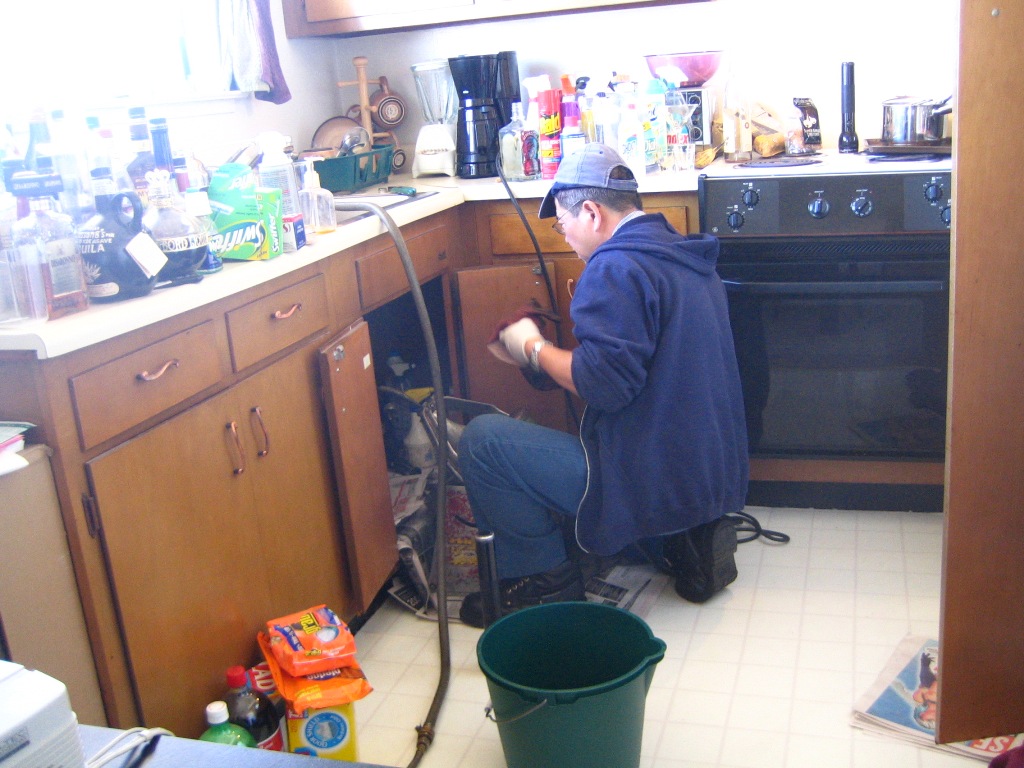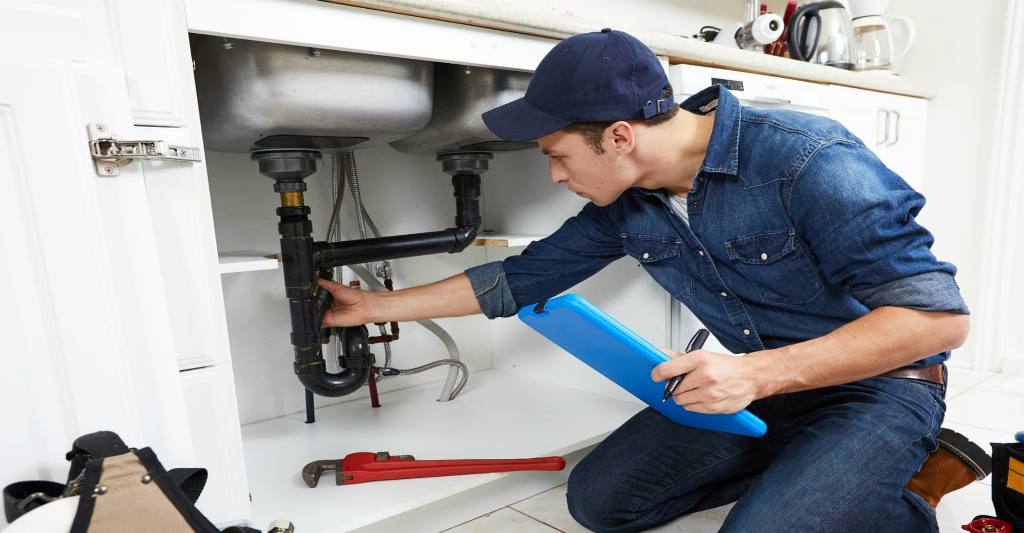These days, it’s common knowledge that getting into a trade can be an extremely lucrative career. It’s not surprising that increasing numbers of young people are forgoing expensive college degrees and corporate careers and working in the trades instead. Some professions do require a college degree, but the skills you need to be a builder, plumber, or electrician can be learned ‘on the job.’
Plumbers are hugely in demand and can command fantastic rates for their skills. By becoming a licensed plumber, you can provide a service that most people need and are unlikely to ever be long out of work.
Becoming a Plumber
A qualified plumber can design, repair, and install pipe systems, water supply systems, septic tanks, and other fixtures. All US states require plumbers to hold a valid license before they can work as a contractor. Arizona is no different and sets its own requirements for granting licenses.
In Arizona, plumbers are licensed by the Arizona Registrar of Contractors. This registrar grants two types of plumbing license: the L-37 for commercial plumbers and the C-37R for residential plumbers. Holders of both types of license are registered as contractors. This means that as well as the plumbing license, you must be a business registered in the state of Arizona before you can even apply.
Getting the License
To qualify for a license, you need at least four years of proven experience in plumbing. Most people achieve this via a state-approved apprenticeship program, or by asking around for a licensed plumber to take you under their wing. You must make sure that any plumber taking you on is licensed. If they aren’t, your experience simply won’t count. You may, however, be able to substitute part of the four years with education or technical training.
Once you’ve gained your four years’ experience, you can sit the exams. The first exam is a business management exam designed to test your ability to operate your own business, and the second is a specific residential or commercial plumbing exam. You must get at least 70% of the questions right to pass, and there’s a fee for each exam.
After passing both exams, you can then apply for either a C-37 or L-37 license (you must pass the relevant exam for the license you want; you can’t sit the residential exam and then apply for the commercial license). At this stage, you’ll be asked to provide proof that you’ve completed the required four years of experience, and passed the appropriate exam. If, for any reason, you can’t prove this, your license application will be rejected.

The final piece of the puzzle for your application is a license bond. This must be included with your application. It can be a surety bond, certificate of deposit, or a cash bond. You’ll also need to pay a fee. Commercial license applications cost more than residential ones.
Gas Plumbing
As well as water plumbing, you might also want to offer gas plumbing services. Gas plumbers can install gas lines for all kinds of home improvement projects, including fireplaces, outdoor grills, stoves, water heaters, and HVAC systems. Most people will learn this kind of plumbing before getting their license, and choose to specialize after they’re qualified.
Residential or Commercial License?
The exams for both types of license are very similar, with only a few differences specific to the license type. People who have gained sufficient experience in both areas can apply for a dual license, but others will only qualify for one. Which you qualify for is determined not by you, but by the Arizona Registrar of Contractors.
As a general rule, anyone applying for a plumbing license in the state of Arizona must show proven experience in the following areas:
- Installation, maintenance, and repair of plumbing systems
- Maintenance of pipes, pipe fixtures, and appliances
- Sanitary drainage systems
- Septic tanks and leaching lines
- Compressed air systems
- Vacuum systems
- Roof leaders
- Pressure vessels
- Tanks
- Pipes for swimming pools
- Lawn sprinklers
- Steam heating and supply systems
To a certain extent, there isn’t too much difference between the two types of plumbing. Both serve the same overall function, and most of the materials and equipment used are the same. This is why the two examinations are largely similar. Most large companies will offer both types of plumbing service.
However, there are some differences. Most commercial plumbing operations will be much bigger in size and scope than residential plumbing. Put simply, there will be a lot more to do. You might be working on an office building with several bathrooms, or in a shopping mall with a large public bathroom on each floor. This means the system has to be much bigger and able to cope with much higher demand. In residential systems, things are much simpler.

Commercial plumbing jobs also often involve working across multiple floors of large, sprawling buildings, while residential projects are usually no more than two. Gravity is a key player in how plumbing systems work, and maintaining good water pressure is very important. Commercial plumbers need to understand this and know how to get it right.
Commercial plumbing is much more varied than residential plumbing. In most cases, residential systems are going to face the same problems as other residential systems, but commercial plumbers can expect to face down a much wider spectrum of issues. This means they need to know a much wider spectrum of solutions, codes, and fixes that residential plumbers will never come across.
None of this means that commercial plumbers can’t work on residential projects or vice versa. It just means that if you know you want to work on commercial projects, you need to try and get as much commercial plumbing experience as possible. Generally, companies looking to employ a commercial plumber want to know the person they choose is up to the task, and the more commercial projects you do, the better you’ll be.






